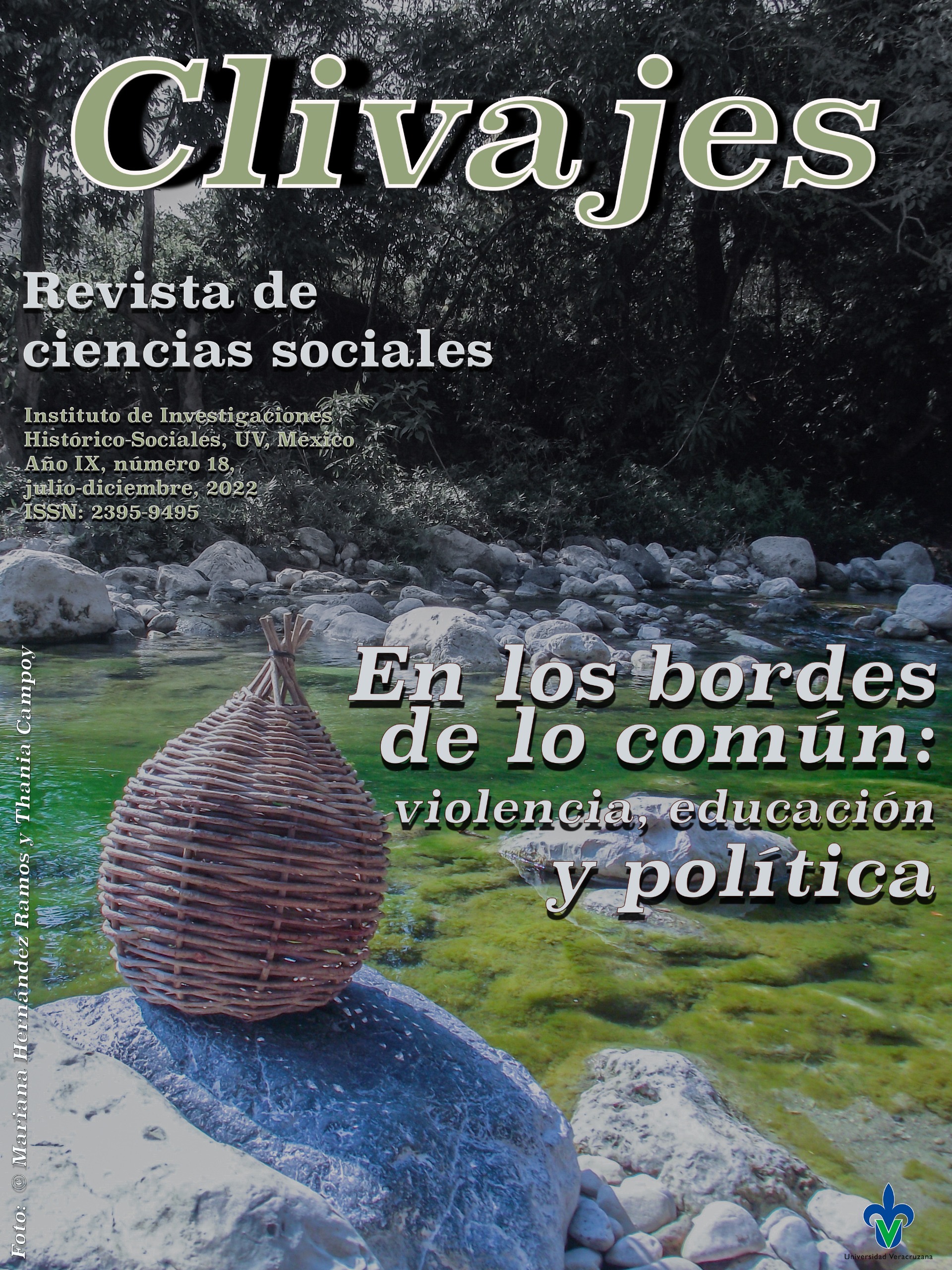Abstract
The article analyses findings of a research that studied the way in which students from three private universities in the City of Puebla, Mexico, signify gender differences and the violence around it. The study was developed over three years following a qualitative approach. The main research tool were mixed focus groups, whose transcripts were analyzed using atlas.ti from a discursive perspective, supported by concepts such as gender, violence, identification, significance and institutional action in the field of educational research. In particular, this article uses the category of "the difference of the other" that is used here to refer to a kind of symbolic distance that can be interpreted as something threatening. This subcategory was configured by two components: denial and invisibility. Among the main results is the documentation from the student testimonies of symbolic violence based on gender representations, the predominance of a heteronormative discourse and a controversial action by educational institutions that make recognition and life in common difficult. The article is inserted in a relatively new line of research on politics, life in common and recognition of gender differences, and may be of interest to people interested in the way in which university students construct representations about gender identities, and also about the how this occurs in private institutions, scarcely studied from this angle.
Keywords: Gender, Violence, Educational policy, Life in common


